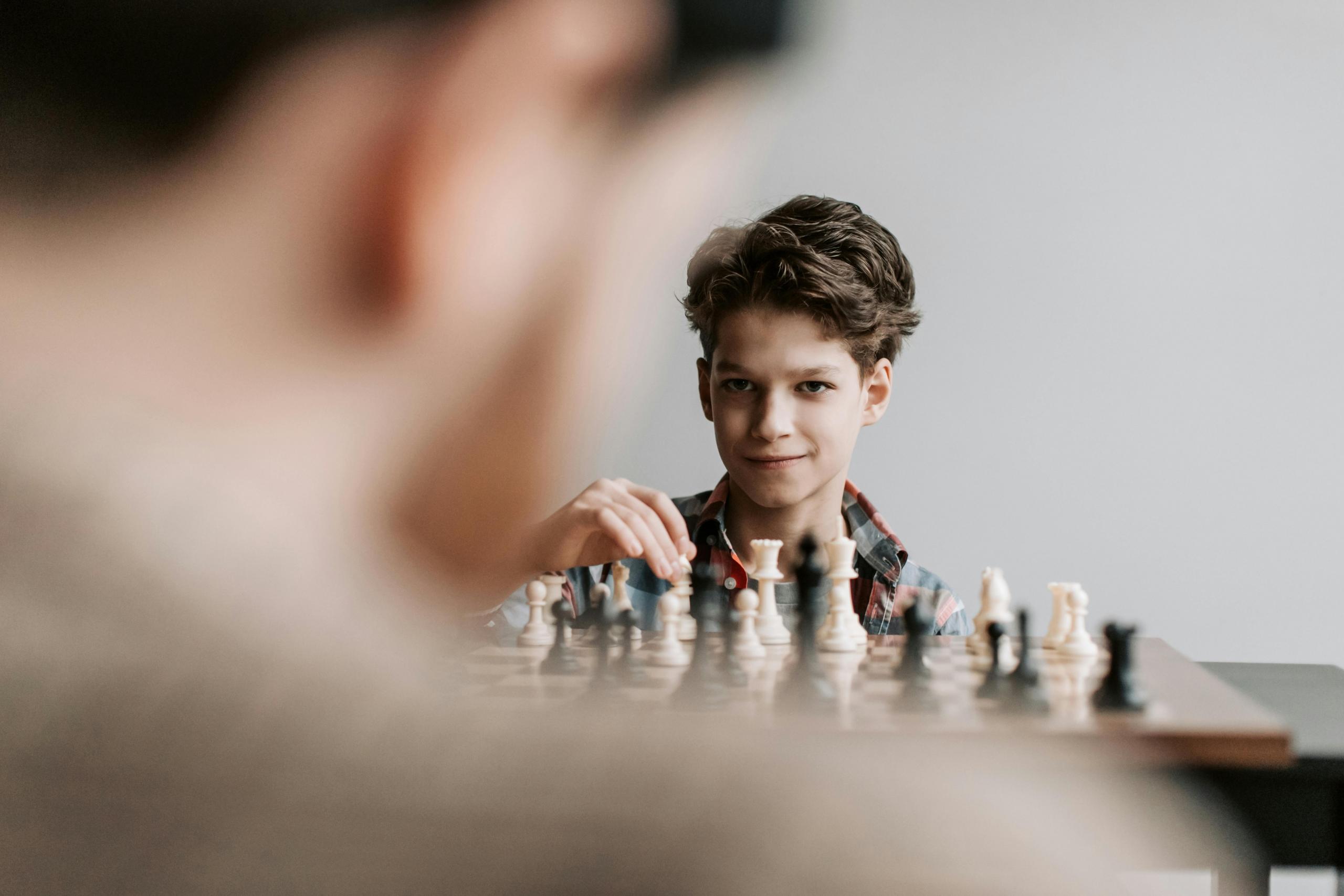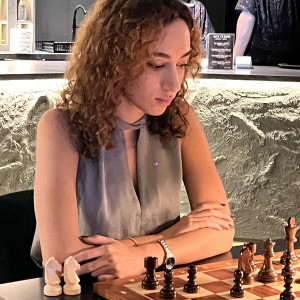In order to improve your game, you must study the endgame before everything else…
José Raúl Capablanca, Chess Fundamentals
If you want to take your chess to the next (or first) level, you should consider private chess lessons. Not only can they focus on the aspects of your game that you need to improve, but they're also fun and affordable. In the US, the typical cost of chess lessons can range between $5 and $300 per hour, depending on several factors, so let's explore exactly how much chess lessons cost and how to work out what you're paying for.
per hour in the US.

Average Cost of Private Chess Lessons
Since the board game emerged out of India way back when, it has evolved substantially, with many historic games and players impacting how the game is played and studied over time. Many of these principles have been studied and analyzed over the years by both man and computer, contributing to the best-practice moves and responses known as ‘chess theory’.
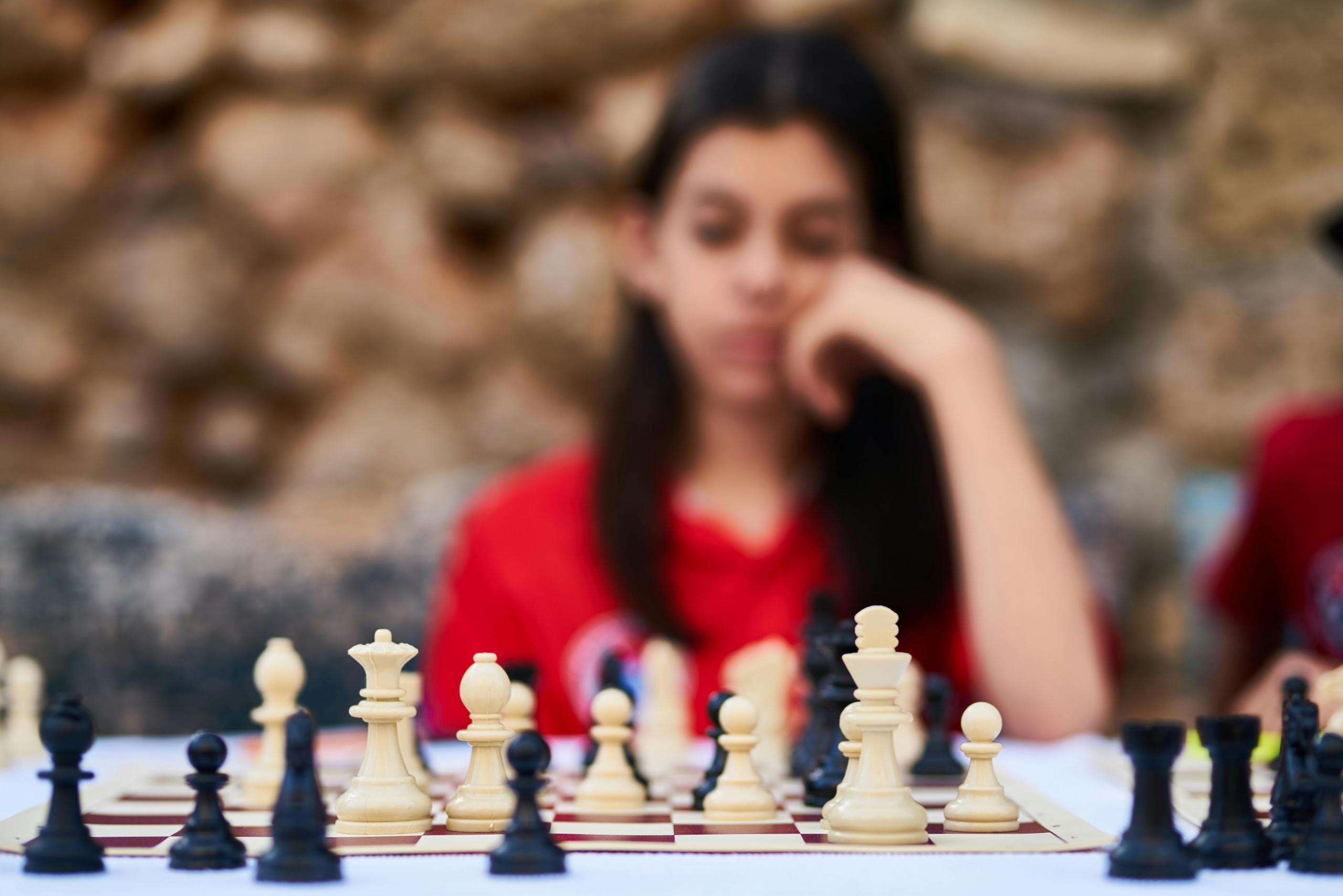
Going about learning the initial steps, such as how the pieces move all the way to gaining an edge by studying advanced chess theory, can seem just as overwhelming if you have to figure things out by yourself. Let’s take a look at the cost of private chess lessons so that you can accelerate the learning process, as well as the learning options that are available to you.
Beginner Level
Beginner chess lessons are typically the most affordable. This is the same with most tutoring and coaching, and since the classes cover the fundamentals rather than deep strategic thinking, you can find private chess tutors for less. Coaches at this level will likely cover piece movement, basic tactics, opening principles, and simple endgame concepts. The average beginner coach charges between $20 and $30 per hour.
per hour.
Intermediate Level
Intermediate chess lessons are for players who know how to play chess and understand the basics. Your intermediate private chess lessons can focus on tactics, strategy, consistency, openings, positional play, calculation skills, and complex endgames. As this level requires more personalized analysis, the prices are higher to cover both the time in and out of class.
per hour.
Advanced Level
At the advanced level, you're looking for private chess teachers for serious competitors, tournament players, and anyone preparing for events. Here, you'll cover deep opening preparation, complex endgame study, advanced calculation techniques, and detailed game analysis. As experienced coaches teach these with an exceptional chess background, expect to pay a premium, with prices ranging from $70 to $150 per hour, typically with top-tier classes upwards of $200 an hour.
per hour.
Online Lessons
In contrast to how the game was played years ago, many new players prefer online play, so naturally, they turn to it when seeking lessons. Now, bear in mind that if you have aspirations of competing in over-the-board tournaments down the line, you will need to practice with the physical pieces, as pattern recognition between the two differs quite a bit. The price is typically lower for online lessons, as there is no need to take time out of the tutor's day, no travel expenses, and a greater pool of tutors offering their expertise, driving down the price.
The cost for this medium of private lessons usually costs between $15 and $150 per hour, with an average rate of $25.
In-Person Lessons
As we mentioned, while more and more online tournaments continue to emerge each year, they are most commonly played over the board, meaning in person. If you spend hundreds of hours playing on your computer, you will be stronger using a screen than a physical board. Players preparing for tournaments tend to opt for in-person lessons, which increases the cost compared to the online alternative. You'll need to find a chess tutor in your area!
If you opt for in-person teaching, the price typically ranges from $30 to $250 per hour for lessons, with an average rate of approximately $60 per hour.
Don’t worry if this sounds a little out of your budget; there are plenty of cheaper alternatives at the beginner level. You would be surprised at the number of factors that can influence this rate. We will touch on that in the next section.
Group lessons
One budget-friendly alternative many chess players choose to squeeze more value out of their hard-earned money is group lessons. Taking group classes, whether in-person or online, can be a budget-friendly choice because the cost of the teacher’s time is shared among multiple students.
You can expect your group chess lessons to set you back somewhere in the region of $10 to $60 per lesson.
However, it is also important to note that this does come at the expense of the personalized learning experience that can be so valuable when learning the game of chess. For those looking to devote more time to the game and master it, two private chess lessons in a week are a pretty good option.

Factors Influencing the Cost of Chess Lessons
Now that you have a benchmark on the sorts of expenses you can expect to part with when learning chess through the various media, let’s take a look at the different factors that can influence the rate that a teacher charges. This will help you arrive at a suitable price for your level and determine whether it offers good or bad value when you see it. Once you get the hang of it and begin recognizing these variables, you will make more informed choices and find tutors who align with your goals and budget.
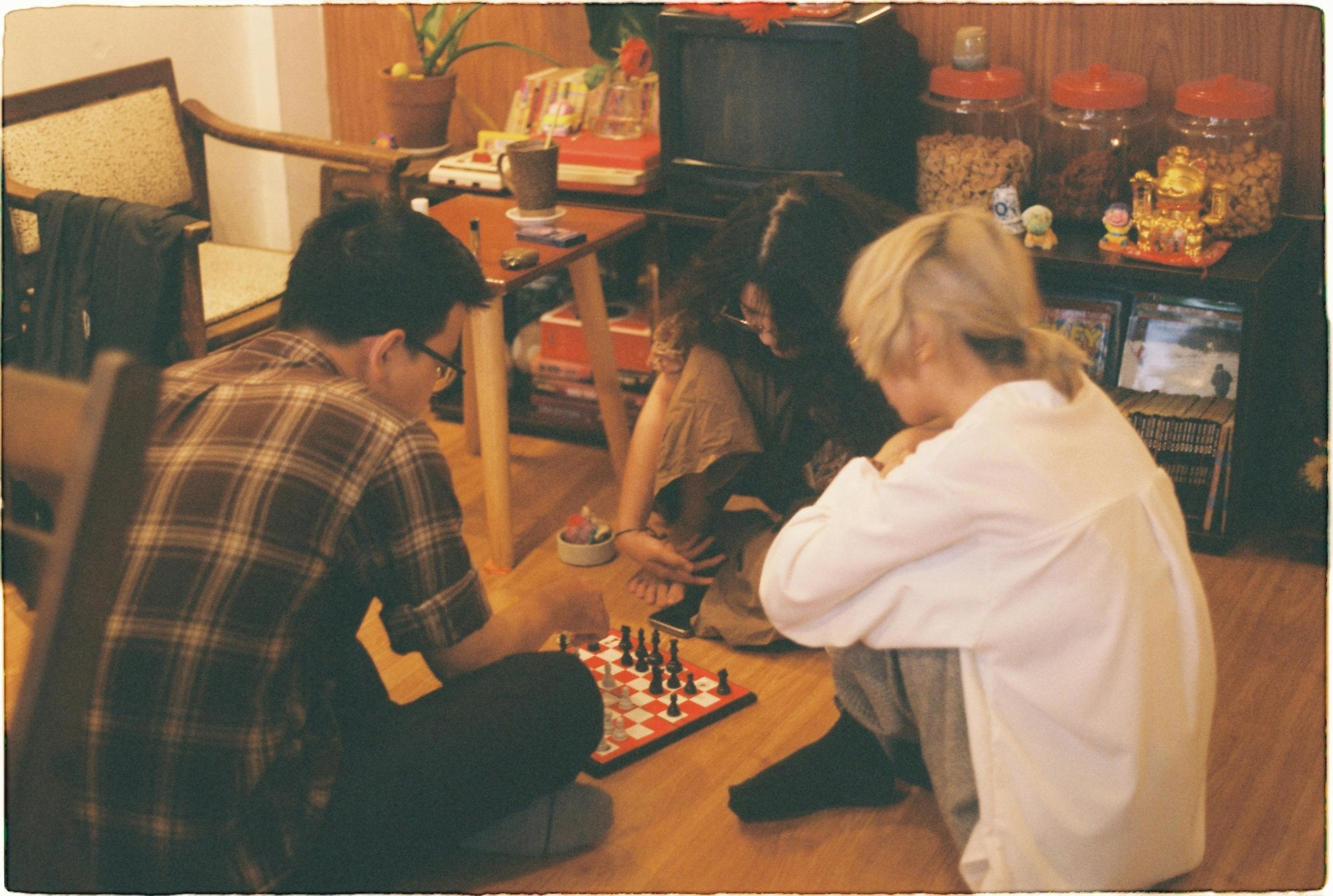
Coach's Qualifications and Experience
As with any subject or skill, a seasoned teacher can charge more because of less competition at higher levels, the increased preparation that goes into lessons, and the willingness of high-level students to pay for a premium service. Your level also plays a role in the chess coach price, as teachers may need to prepare more for lessons depending on your skill level.
Lesson Format
The format of your chess lessons will impact the price. One-to-one coaching is typically more expensive since you have to pay for the tutor's time and experience, and you're the only one doing it for that hour. Online lessons are typically cheaper since tutors don't have to travel. Group lessons are the most affordable since you can share the cost of the tutor with the other students.
Geographic Location
The price of chess lessons can also vary quite significantly depending on where your coach is located. If you are taking online classes, the relative cost of living in your mentor's area may influence the rate they charge for their lessons. If you are taking in-person lessons, the time and expenses associated with commuting can also drive up the cost.
Practicing Chess with a Coach
Chess is not a popular spectator sport. Therefore, it’s easy to think you don’t need to train with anyone to gain mastery over it. This summation couldn’t be further from the truth. Just like a student needs a tutor to improve in subjects like art or science, it’s imperative to hire a tutor when learning chess for beginners. Despite the inspirational stories in chess history about people learning in solitude in their basements, it just isn’t possible past the intermediate stage! A good mentor can provide you with tailored guidance that will immediately improve your understanding of the game as well as save you countless hours trying to figure things out on your own.
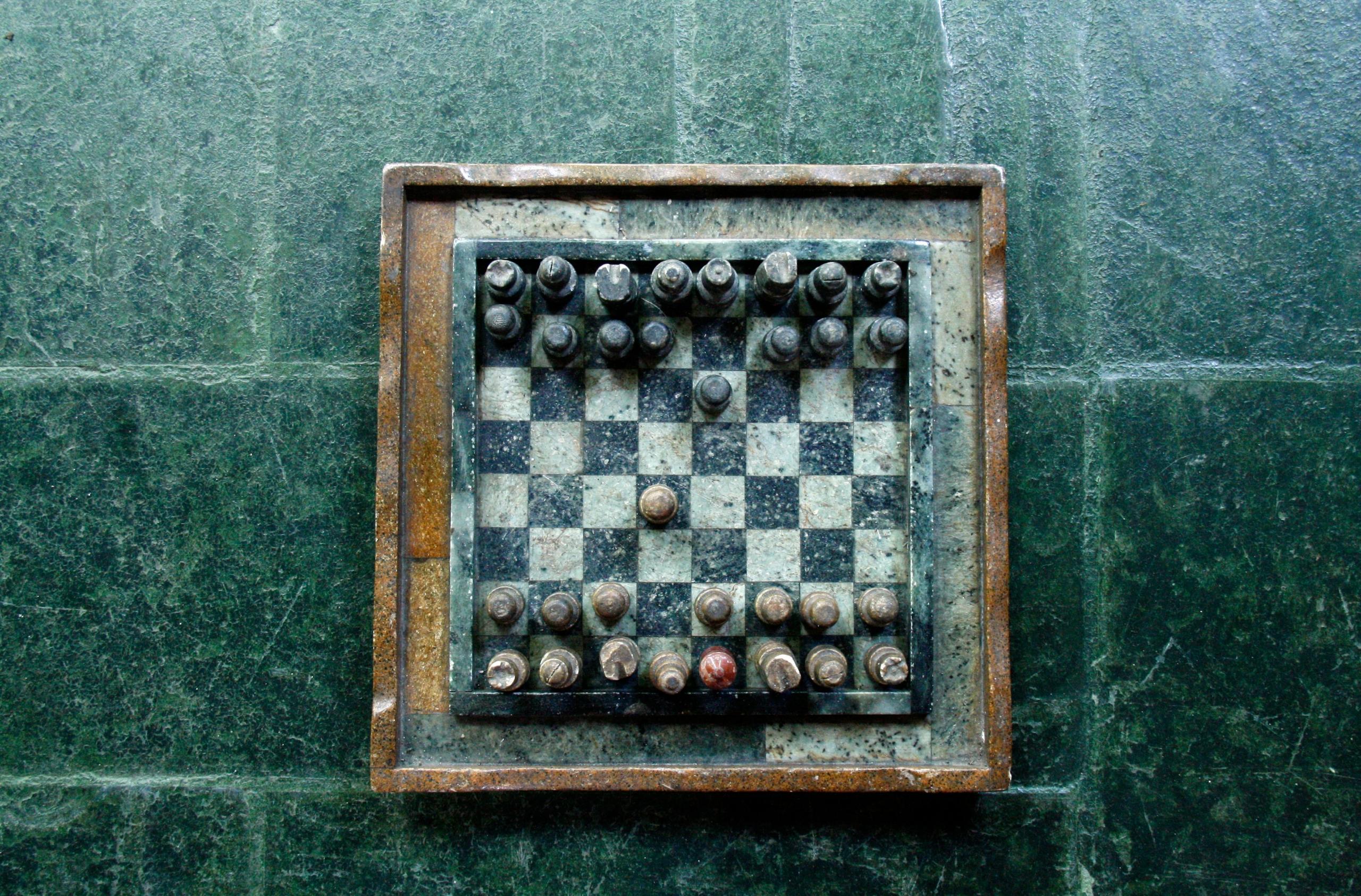
With a chess tutor, you can raise your game to a new level. While most people can achieve a decent skill level in chess, they seem to decline after a certain point. Your talent and passion can get you to an intermediate level, but if you wish to play with the bigwigs, you will need the help of a professional coach.
Most people who train for chess are amateur players juggling full-time jobs and do not have the time to devote themselves entirely to the sport. Therefore, to truly master the sport, you need to spend a reasonable amount of time perfecting your technique every day. For you to start seeing that Elo rating climb.
What Does a Chess Coach Do?
Generally, most chess instructors like to schedule one or two chess lessons per week, each around one to two hours long. During this time, the instructor will provide theoretical training on the techniques, followed by practice exercises. While many people underestimate these lectures, it is crucial to focus on both the theoretical and practical parts.
The video above gives you an insight into the kind of lessons you could employ alongside a chess coach. They will analyze your past games and help you craft an effective strategy for success. One popular system you will likely learn from your Supeprof tutor is the checks, captures, and threats process, which teaches the order for analyzing any given position throughout the game.
Your instructor will also have you practice supplementary chess exercises, such as tactical puzzles and strategy games, to improve your technique. While watching live tournaments and scouring books for the best opening can be helpful, nothing beats actual live training and playing chess on your own.
Keep in mind that you will only improve at chess when you push yourself out of your comfort zone. Training exercises help your brain strategize and better pick up on possible moves. While such exercises might give your brain a real workout, they’re much more helpful at improving your game than passively watching tournaments.
Try out the exercises that your coach introduced you to on your own during the week. Remember to practice regularly, and you will start noticing improvements. And the best part about practice exercises is that they’re free!
Learn Chess with the Help of Superprof
An experienced chess tutor will understand the game in great detail, but more importantly, they will know how to coach players in your very position, helping them to achieve their goals in the game. There is no better platform to turn to when you are looking for an experienced chess tutor than Superprof! Here, you can find a qualified instructor.
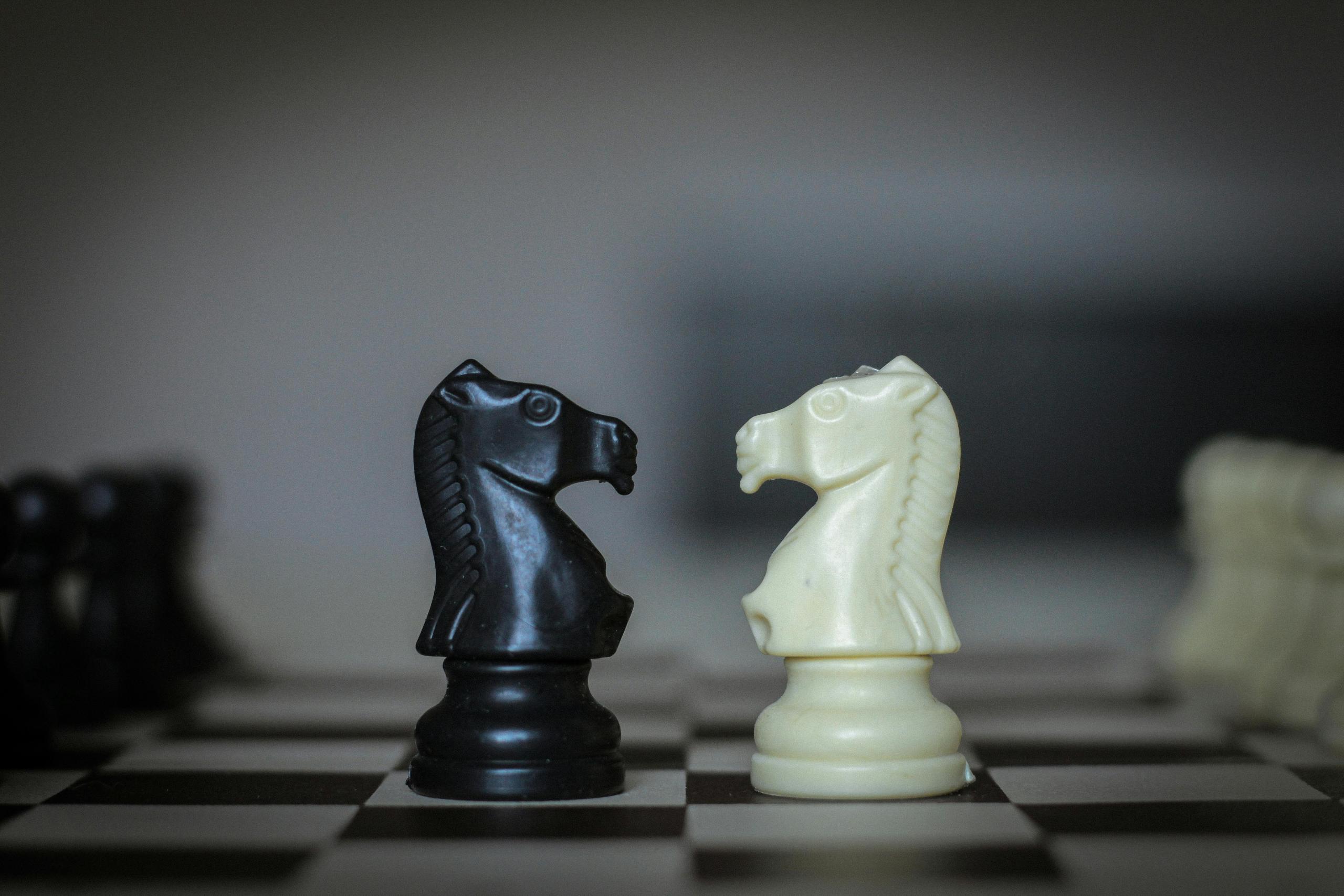
You can also incorporate online learning resources available on the web into your training. Don’t be afraid to mix it up to avoid your learning ever becoming stale. If you are still on the fence about learning alongside a tutor, the chess mentors who list their services on Superprof are considerably cheaper than some of the prices we have looked at throughout this article.
You have over 2,650 online tutors to choose from on the platform and an average hourly rate of just $26, considerably lower than the national average. Make sure to refine the lens through which you view potential options by considering the factors we have discussed throughout this article, and you’ll be on your way to becoming a grandmaster!
Summarize with AI:

